You work with young children day in, day out. So, you’ll know better than anyone that no child is born intolerant. Children learn how to show mutual respect and tolerance by copying the behaviours and beliefs they are exposed to.
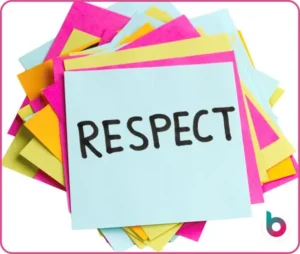
As your nursery team plan EYFS British values activities and model what respectful behaviour looks like, children develop confidence to celebrate diversity and navigate challenges.
In a world that is increasingly diverse and sometimes uncertain, teaching young children about mutual respect is a vital skill for social and moral development.
In this article, we unpick what mutual respect looks like in early years and share 5 practical ways to promote mutual respect in your nursery.
What is mutual respect in the early years?
Mutual respect is underpinned by equality, it is the understanding that everybody is deserving of kindness, fairness and consideration.
In the early years, mutual respect can look like:
- Listening when others speak
- Accepting that others may look, speak, or behave differently
- Valuing different opinions, feelings, and needs
- Sharing toys
- Resolving disagreements peacefully
- An openness to learn about something new
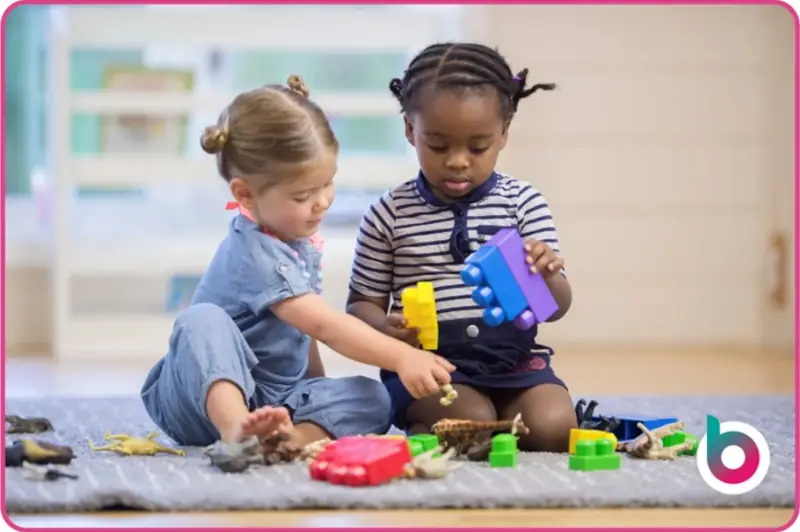
Children learn mutual respect and tolerance through the examples set by adults and exposure to diverse experiences in their early years. Your practitioners play an essential role in modelling what respectful behaviours look like, and by purposefully planning situations where children can apply their growing social and moral awareness.
What does the EYFS Framework say about mutual respect?
The EYFS Framework includes statutory values that underpin respect and understanding. While “mutual respect” is not always named directly in learning goals, it is an embedded expectation within key areas such as:
Personal, Social and Emotional Development (PSED):
‘Helping children develop positive relationships, learn to manage their feelings and behaviour, and understand appropriate social interaction.’
Understanding the World (UTW):
‘Encouraging children to understand and respect differences between themselves and others, including cultural, religious, and language differences.’
The EYFS also links explicitly to Fundamental British Values, stating that early years providers must promote:
“Mutual respect and tolerance of those with different faiths and beliefs.”
Did you know? A childcare provider will not receive government funding if they do not actively promote British Values in their setting and across their curriculum.
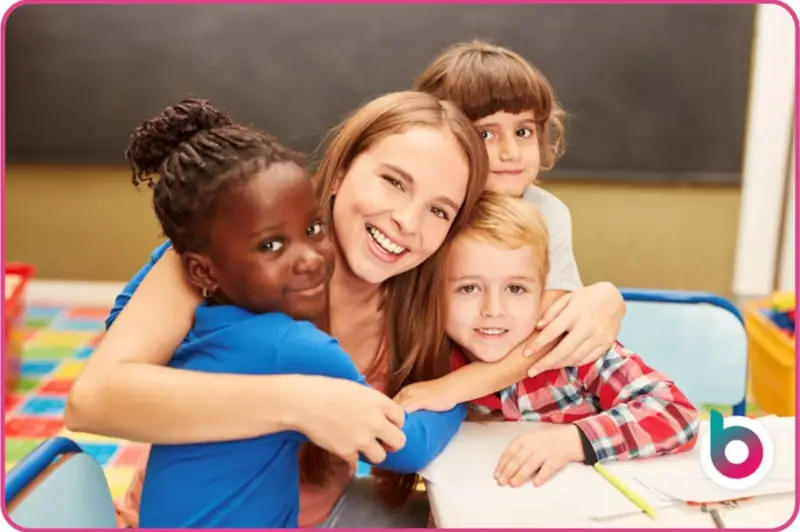
You may have heard of cultural capital?
Cultural capital is often one of the hot topics found in EYFS Ofsted inspections.
Specifically found in the Personal Development areas of the inspection (although the inspection focuses will change in September 2025 in line with the latest Ofsted changes).
Cultural capital is a term used to explain the cultural experiences children are exposed to. The broader their cultural experiences, the more areas of learning they will be able to make connections with.
To explain using a very simple example, let’s say you’re thrust into a discussion about a particular country. Would you be more or less likely to have confidence in your contributions if you had visited, watched a documentary about or have friends from that particular country? That’s cultural capital.
Mutual respect, British values, and the Prevent duty
The teaching of mutual respect and tolerance is not just a good choice for your EYFS curriculum offer – it’s a legal requirement under the Prevent Duty.
All childcare providers are expected to actively promote British values to help prevent children from being drawn into radicalisation. This can be done through thoughtfully planned EYFS activities and requires your whole team to understand what Prevent duty is and a nursery’s responsibilities.
By encouraging children to understand and celebrate differences, practitioners play a key role in countering possible narratives of division or intolerance.
A strong inclusive ethos is essential in creating a truly inclusive learning environment where diversity and differences are celebrated (it also is the foundation of a positive working culture for your practitioners, too).
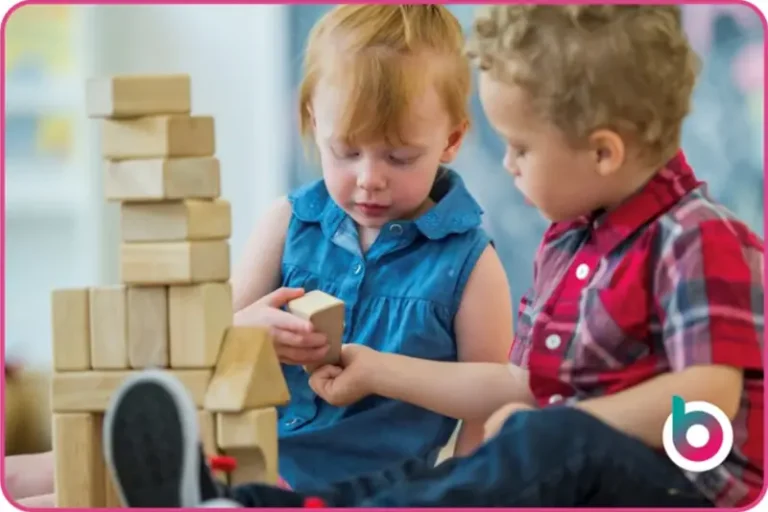
Why mutual respect matters in a changing world
The world children are growing up in today is very different from the one their parents or even older siblings experienced.
We are experiencing advancement in many areas where groups have previously been marginalised. There are also a few recent decisions and discussions across the world that have threatened the positive changes made to promote mutual respect, equality and choice for all.
It’s a reminder that in this landscape, mutual respect is more important than ever. When young children learn to appreciate diversity, they are better equipped to handle uncertainty and grow into compassionate, thoughtful adults. Teaching mutual respect and tolerance helps to break down prejudice before it can take root.
5 practical ways to promote mutual respect in EYFS
Teaching mutual respect in the EYFS isn’t about grand lessons – it’s about intentional, consistent messages in everyday life.
Here are 5 ways to promote British values mutual respect and tolerance in your nursery.
1. Using respectful language and modelling positive behaviour
Children learn by watching and listening. Adults should:
- Use phrases like “We listen to each other,” or “It’s okay to disagree, but we must speak kindly.”
- Show empathy when resolving conflict.
- Demonstrate patience, especially when children are struggling emotionally.
- Acknowledge children’s voices: “I hear that you’re upset. Let’s talk about it.”
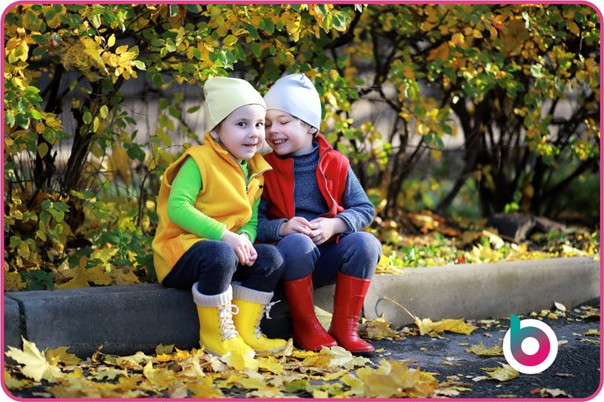
2. EYFS stories that celebrate diversity and mutual respect
Books are powerful tools for teaching children about values. Choose stories that show:
- Different cultures, abilities, and family structures
- Conflict resolution and kind communication
- Characters showing empathy, fairness, or inclusion
If inspiration is what you’re looking for, here are 5 books that are a great starting point for talking about diversity:
- “All Are Welcome” by Alexandra Penfold
- “It’s OK to Be Different” by Todd Parr
- “Amazing Grace” by Mary Hoffman
- “The Family Book” by Todd Parr
- “My shadow is purple” by Scott Stuart
After reading, ask open-ended questions like:
“How did the characters show respect?”
“How do you think they felt when someone listened to them?”
What are the clues that they are feeling (sad/ happy/ scared)?
3. EYFS Games and activities that teach mutual respect
Learning through play is essential in EYFS. Use:
- Turn-taking games (e.g., board games, pass-the-parcel) to build patience and fairness.
- Circle time sharing where children take turns speaking and listening.
- Role-play to explore feelings, empathy, and kindness.
- “Respect Bingo” or “Kindness Cards” where children complete acts of kindness or fairness.
4. Creating inclusive and reflective environments
- Display images of people from different cultures, abilities, and religions.
- Use multilingual labels to reflect the home languages of children.
- Celebrate a wide range of festivals and cultural traditions.
- Create “I Belong” walls where children share their family stories.
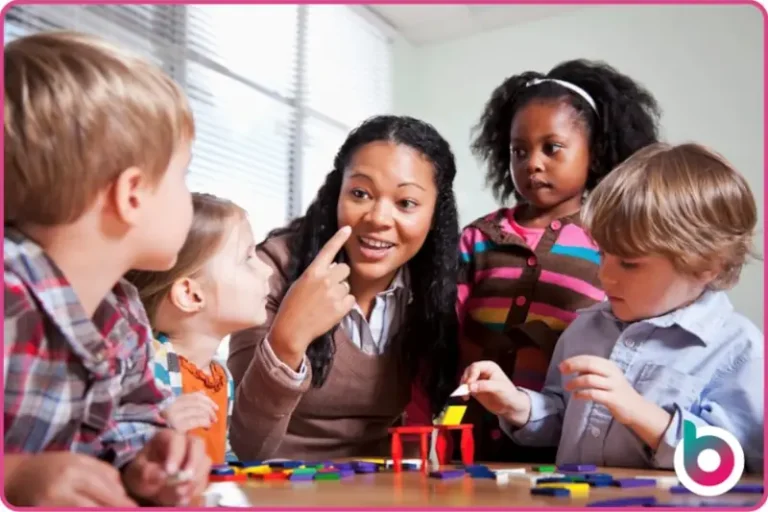
5. Respectful parent partnerships
Mutual respect must be supported at home as well as in setting. Build positive nursery- home relationships with families by:
- Sharing the values taught in the classroom via newsletters or parent apps
- Hosting multicultural events and inviting parents to share traditions
- Offering workshops or resources on British Values and the EYFS
- Listening openly to parents’ perspectives and feedback
- Encouraging family involvement reinforces consistency and shows children that respect is important across all environments
- Manage upset and angry parents with respect
At Blossom, we believe every child deserves to grow in a setting that nurtures kindness, inclusion, and understanding. Mutual respect isn’t just a social skill – it’s a cornerstone of a happy nursery and happy children.
By embedding British values mutual respect into the everyday fabric of your EYFS practice – from language and stories to partnerships with parents – you’re shaping the next generation of thoughtful, resilient, and inclusive individuals.
We share regular updates on all things early years through our Blossom Blog, sign up for free to receive the latest updates straight to your inbox.